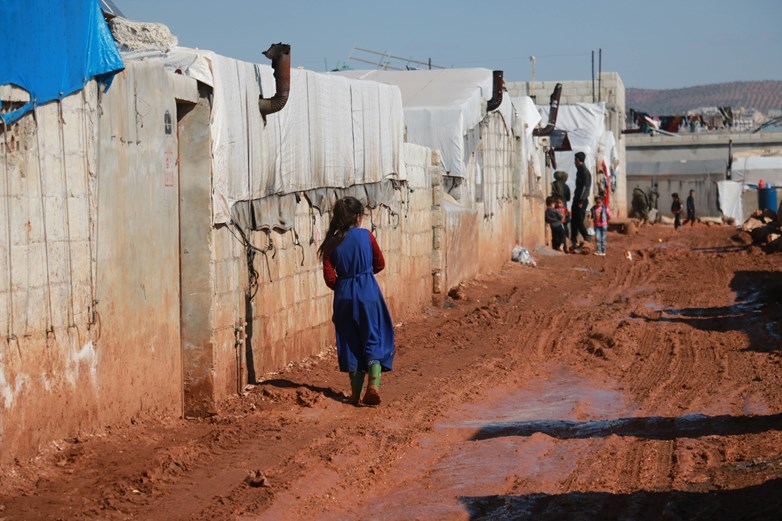Pan-European research project to investigate a shifting attitude towards migrants
Eleven projects have been selected for funding in CIVICA’s third call for collaborative research proposals, totaling 350,000 euros. The Stockholm School of Economics (SSE) is involved in four of the projects, but only one project brings together all ten member institutions across the CIVICA network: MERITA. The project will take a closer look at migrants’ integration in EU countries, and the current shifts in conceptions of integration and impact on social and ethnic inequalities in host countries.
The researchers have noticed a clear shift in attitudes towards migrants and their rights across the whole of Europe and are looking to explore why and what impact this will have in a number of areas. The team will span law, political science, economics, sociology, and management.
Migration as a "potential threat"
“In conversation within the CIVICA Research network, we realized that the idea of migrants’ integration in Europe may be shifting from something seen as a right, to something you need to prove you are worthy of. We found several trends that we recognize across disciplines. It ranges from the topics of ‘securitization’ of migrations and migration being presented as a potential threat, to the idea that migrants need to be ‘socialized’ in a specific way to be seen as integrated”, says Laurence Romani.
While the subject of migration policy, especially for asylum seekers, has been a hotly debated topic in Sweden of late, this is not an entirely new shift, Professor Romani emphasizes.
“Across Europe, the attitude towards refugees or asylum seekers has evolved over the last decades. What was perceived as unacceptable in the 1980’s is seen by many as ‘normal’ today. Take for example language tests, or programs for the cultural assimilation of those entering the EU countries”, she says and continues.
“The trend is towards a ‘management’ of migration, a form of governance that is increasingly specified in terms of acceptable behavior and even values. This raised very exciting questions, for example, on the limit of the state’s inference in the private life of the citizens and citizens to be” she says.
New insights
MERITA is thought to be the seed of a much larger project that build on the strength of the CIVICA alliance for societal impact.
“The CIVICA alliance is a formidable network of researchers who are top scholars in the social sciences. They are faculty at each one of the CIVICA institutions and generally very favorable to international and interdisciplinary research. In my experience, the CIVICA project is a federative force, people try to make time for collaborations because they share the idea that putting our disciplinary strengths together leads to new insights”, says Laurence Romani.
Another of the new research projects, LocalDem, involving SSE and Sciences Po, will also look at immigrant inclusion or marginalization from the perspective of local democracy and state power.




